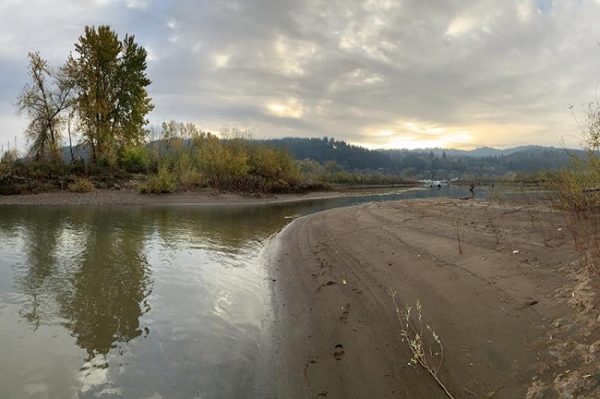Though much of Oregon’s Willamette River is scenic and lined with tall evergreens, its final 11 miles are mostly industrial and have long been blighted by pollution. Since the early 1900s, hazardous waste from industry has negatively impacted habitats, fish, and wildlife, and in 2000, the U.S. Environmental Protection Agency designated the area as the Portland Harbor Superfund Site.
To restore habitat after pollution, NOAA and its federal, state, and tribal partners are working together to restore this reach of the Willamette River using an innovative mechanism known as restoration banking.
Restoration banking involves private developers building restoration projects to compensate for industrial pollution. To help resolve their ecological liability for injury, companies responsible for pollution can purchase “credits” generated by these private projects. This approach aims to restore habitat to injured species sooner, while still holding polluters accountable.
Continue reading at NOAA Fisheries
Image via NOAA


